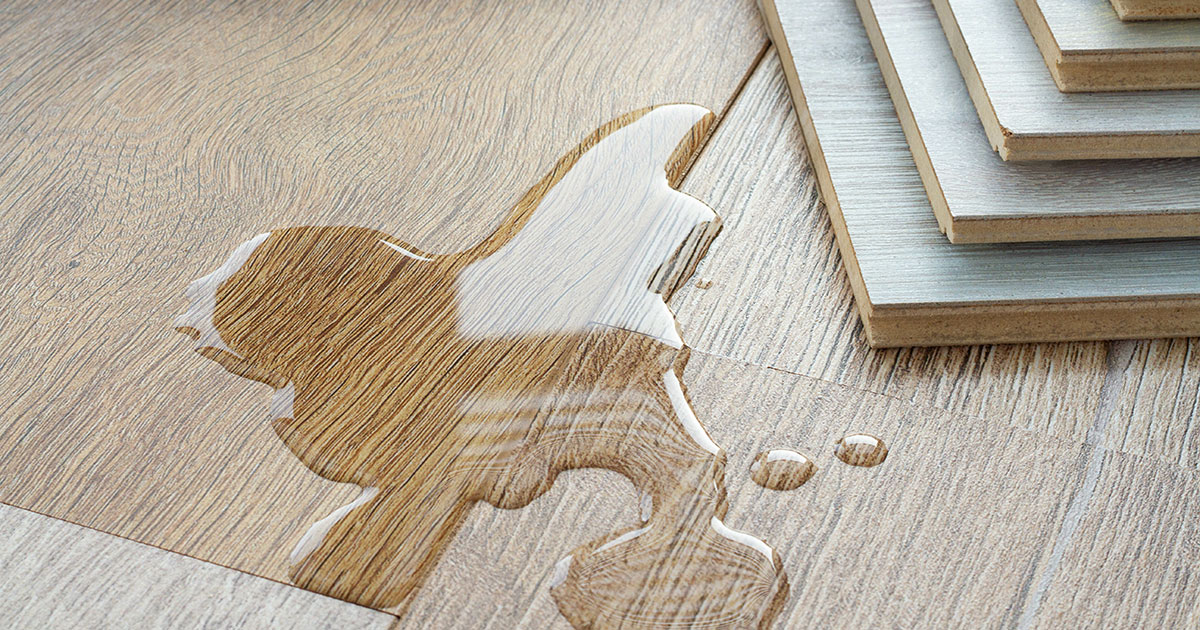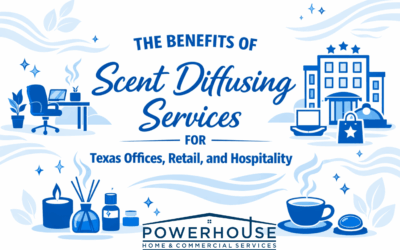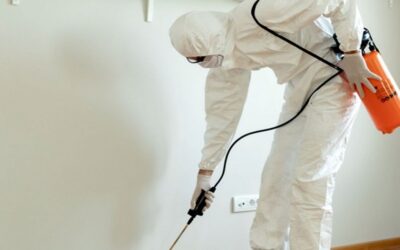There are plenty of features you may look for in a new flooring product, such as longevity, aesthetics, sound reduction, and cost, but many residential and commercial applications require flooring that offers good water-resistance properties.
Rooms where contact with liquids and moisture is common, such as bathrooms and kitchens, or households with pets or young children, can benefit the most from water-resistant flooring, but it can be a handy feature to have in other scenarios too.
Water-resistant flooring vs waterproof
The terms waterproof and water-resistant refer to how well a material can withstand exposure to water, but they are not interchangeable.
Water-resistant flooring can handle common liquid spills without the risk of damage, but spills should be cleaned up promptly and not left to seep into the floors, as this may lead to damage to the flooring material or its underlay, subfloor or glue. Waterproof flooring, however, will not be damaged by water, even after long periods of exposure.
It’s important to note that most waterproof flooring products only claim to be resilient against clean, pure water. If the water is affected by extreme pH levels, or another type of liquid is spilt, the flooring may not hold up against damage or stains.
Finding a suitable waterproof flooring can be a difficult task, as products with this property are few and far between. Even products that are marketed as being fully waterproof are unlikely to withstand complete submersion. The good news is that there are plenty of options for water-resistant flooring.
What is the best water-resistant flooring?
Let’s compare the water-resistance properties of the most popular flooring choices, from least water resistant, to most.
6 – Carpet
Traditional carpet has little-to-no water-resistance. Carpet that has been exposed to water can be difficult to clean correctly at home, and is at risk of mold and mildew, as well as stains and odors. If your carpet has been exposed to liquids or high levels of moisture, it’s recommended to invest in a professional carpet cleaning service to properly clean and dry the affected areas.
5 – Hardwood
Due to its natural wooden composition, hardwood is very susceptible to moisture. Even if spills are promptly cleaned, there is still a risk of the boards swelling, cracking or warping. Damaged hardwood floors can become dangerous to walk on, presenting trip risks and the possibility of splinters, and are costly to replace.
4 – Engineered wood
The composition of engineered wood flooring is similar to that of hardwood, however, only the top layer is made up of natural wood, rather than the entirety of each board. This means it offers slightly better water-resistance than hardwood, but is still very susceptible to moisture and can present similar problems if exposed to water.
3 – Laminate
Laminate flooring is often regarded as being similar to vinyl, but the two flooring types offer different levels of water-resistance. Laminate is composed of layers, and its core is made out of wood byproducts, meaning the boards can swell, warp or crack if exposed to water. You do have more leeway with laminate flooring when compared to engineered wood and hardwood, as small spills cleaned up promptly shouldn’t damage the boards.
2 – Vinyl
Despite having design options that give the appearance of natural wood, vinyl flooring is 100% synthetic. It’s the best option for water-resistant flooring if a wood-look or plank appearance is desired. Prolonged exposure to liquids or moisture may damage the adhesive of vinyl flooring, however the flooring itself is unlikely to be affected, which is a much cheaper fix. Some vinyl products are marketed as being completely waterproof, so do your research and seek these out if you’re looking for the highest level of water-resistance.
1 – Tile
A popular choice in bathrooms and kitchens, tile is designed to handle water well. It can withstand exposure to moisture and any spills are easy to clean. Over time, moisture and liquid exposure can cause the grout to begin wearing away, and cracks may start to form in the tiles, but this is a very slow process. Tile flooring can last over 50 years in a moisture-heavy environment with proper care. The only flooring material on this list with a comparable life expectancy is hardwood, however it lacks water-resistant properties.
Finding the right water-resistant flooring may be a priority for your circumstances, or it may just be a preference. There are plenty of other factors to consider when deciding on the best type of flooring, so it’s important to do proper research.
Whichever type of flooring you choose, make sure to have it installed by a professional to ensure maximum safety and longevity of the floors.




